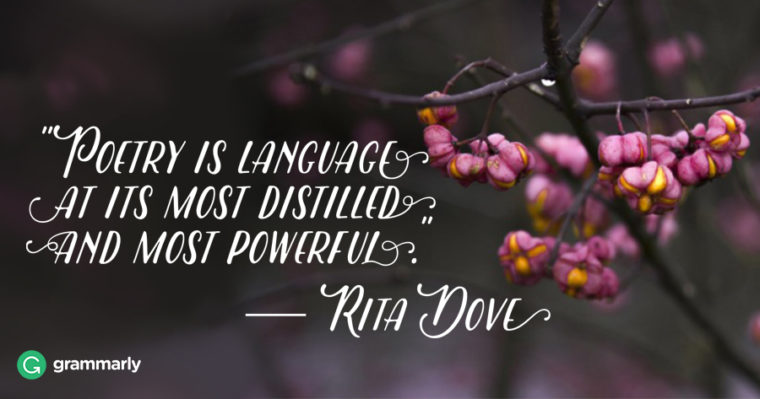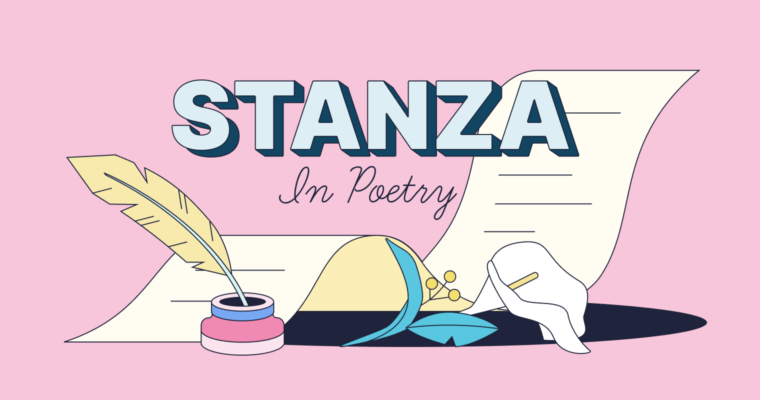
Some people let poetry intimidate them because they get the idea that poetry is all about rhyming, iambic pentameter, and obscure language. While it is true that some of the most beautiful poems are also difficult to understand, poetry in general isn’t that tough. By following some simple guidelines, you can pen verses that are poignant, pure, and easy on the ears.
Evoke, don’t emote. You can tell someone “I’m sad” a million times, but the person will have a hard time empathizing if the words don’t have anything to back them up. Imagery, like idioms, takes an abstract idea, such as an emotion, and turns it into something concrete. In the mind and heart of the reader, it goes back to being something abstract. As an exercise, try writing down all the items you can think of that you associate with a certain emotion. You could also take a walk and jot down how the sight of certain things makes you feel. Use those images in your next poem.
Avoid Clichés
Clichés are someone else’s words. Use them, and you steal away your poetry’s true potential. Clichés might be convenient to use, and some are easy to find rhymes for, but the use of clichés will make your readers turn away the moment they stumble upon those trite and tired truisms.
Keep the Reins on Your Rhymes
“No more rhymes now, I mean it!”
“Anybody want a peanut?”
Vizzini from “The Princess Bride” may have been inconceivably mean, but he did have a valid point when he told Fezzik to stop rhyming. That isn’t to say that all rhyming in poetry is bad; it has its time and place, but you should never rhyme simply for the sake of it. Don’t sacrifice the meaning of your poem because you feel obligated to rhyme. The same principles apply to metering. There is something enthralling about a sonnet in perfect iambic pentameter, but only use forms like that if it truly fits what you’re writing about.
Pay Attention to Form
Even poets who write free verse may choose to stick to a certain form. They may try to make all their lines about the same length, or they may vary the length of each line so the poem has a certain shape. You should consider those things, too. Also, think about how you use empty space in a poem. The way you present your work on paper contributes to the poem’s overall message.
Don’t Overdo Anything
Poetic devices like similes, alliteration, repetition, anapest, and onomatopoeia are a great way to add impact to your writing, but overuse can make your poem seem silly. For example, if you want to convey a serious message but start most words in your poem with the letter “b,” that will distract readers from what you want to say.
Bare Yourself
No, poets don’t have to be streakers. However, you should bear in mind that the more honest you are in your poetry, the better. As lovetoknow.com points out, “This is probably the only rule that you should rely on all the time. If you’re not honest with yourself in your poetry, no one else is going to feel anything genuine when they read your work. It can be painfully terrifying to open up and honestly express your feelings on paper, but that’s the name of the game.”
Learn the Rules and Break Them
The above tips are by no means the laws of poetry. Poetry is anarchy. You can do pretty much anything you want with it. However, you should learn as much as you can about it so you can make wise decisions about how to express yourself. For example, you might discover that a sestina was the perfect way to commemorate your anniversary.
Are you a poet? Share some of your favorite methods for penning gorgeous verse.
![]()





